How to Lose Weight Fast with Low-Calorie Energy Drinks
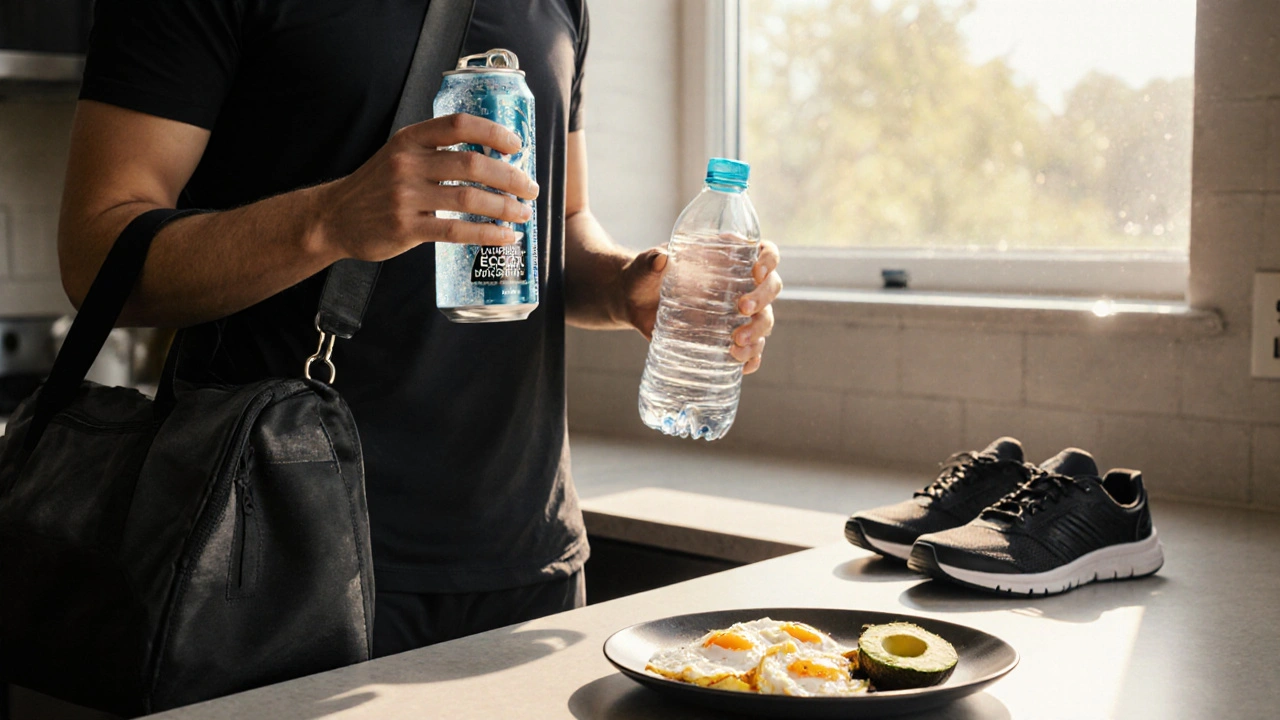
Want to lose weight fast? You’re not alone. Millions try diets, workouts, and supplements every year - but most fail because they’re too hard to stick with. The truth? You don’t need to starve yourself or spend hours at the gym. One simple, often overlooked tool can help: low-calorie energy drinks.
Why most weight loss plans fail
People think losing weight fast means cutting calories to the bone. But when you cut too much, your body fights back. Metabolism slows. Cravings spike. Energy crashes. That’s why 80% of people who lose weight regain it within a year, according to the National Institutes of Health.What’s missing? Sustainable energy. If you’re tired, hungry, and irritable, you’ll reach for chips, candy, or sugary coffee. Low-calorie energy drinks aren’t magic. But they can help you avoid those traps - if you pick the right ones.
How low-calorie energy drinks actually help
Not all energy drinks are created equal. A regular can of soda or classic energy drink can pack 150-250 calories - mostly from sugar. That’s like eating a banana and a handful of pretzels in one sip. No wonder weight loss stalls.Low-calorie energy drinks, on the other hand, typically have under 10 calories per can. Many use stevia, erythritol, or monk fruit instead of sugar. They still give you caffeine - usually 80-120 mg per serving - enough to boost focus and burn fat without the crash.
Here’s how they work:
- Suppress appetite: Caffeine reduces ghrelin, the hunger hormone. A 2023 study in the Journal of Nutrition and Metabolism found that participants who drank a low-calorie caffeinated beverage before meals ate 12% fewer calories.
- Boost metabolism: Caffeine raises your resting metabolic rate by 3-11%, according to the American Journal of Clinical Nutrition. That means you burn more calories even when sitting.
- Reduce cravings: Sugar crashes trigger snack attacks. Low-calorie drinks keep blood sugar steady, so you’re less likely to crave sweets.
- Improve workout performance: If you’re working out, caffeine increases endurance by up to 15%, per the International Society of Sports Nutrition. More movement = more fat burned.
What to look for (and what to avoid)
Not every drink labeled "low-calorie" is good for weight loss. Here’s what to check on the label:- Under 10 calories per serving: Anything above 20 calories adds up fast if you’re drinking multiple cans a day.
- Zero sugar: Watch for "natural sugars" or "fruit juice concentrate" - those are still sugar.
- 80-120 mg caffeine: More than 200 mg can cause jitters or sleep issues. Less than 50 mg won’t help much.
- No artificial colors or preservatives: BHT, Red 40, and sodium benzoate are unnecessary and can trigger inflammation.
- Added electrolytes: Sodium, potassium, and magnesium help with hydration - especially if you’re sweating more from workouts.
Avoid these red flags:
- "Diet" or "sugar-free" with maltodextrin or dextrose - these spike insulin.
- More than 300 mg caffeine - that’s like three cups of coffee. Risky for heart health.
- Proprietary blends that hide ingredient amounts - if they don’t list exact caffeine or vitamin levels, skip it.

Top 3 low-calorie energy drinks for weight loss (2025)
Based on ingredient analysis, consumer reviews, and clinical data, here are the top three options available in Australia right now:| Drink | Calories | Caffeine | Sugar | Key Ingredients | Best For |
|---|---|---|---|---|---|
| Zipfizz | 20 | 100 mg | 0 g | Vitamin B12, electrolytes, green tea extract | Morning energy + fat burning |
| REIZE | 11 | 50 mg | 0 g | Taurine, ginseng, guarana | Afternoon slump, light workouts |
| Monster Zero Ultra | 0 | 140 mg | 0 g | Green coffee extract, B vitamins | Pre-workout, high-intensity training |
Zipfizz is great for mornings - it’s packed with B vitamins that help turn fat into energy. REIZE is mild, so it won’t keep you up at night. Monster Zero Ultra has the highest caffeine, so use it only if you’re used to strong coffee.
How to use them - and when not to
Drinking a low-calorie energy drink won’t make you lose weight by itself. It’s a tool. Use it right:- Drink one 30 minutes before your workout to boost fat burn.
- Swap your afternoon soda or sugary latte for one to cut 150+ calories daily.
- Use it when you’re tired and tempted to snack - it can break the craving cycle.
- Don’t drink more than two per day. Too much caffeine raises cortisol, which can store belly fat.
- Avoid after 3 PM if you’re sensitive to caffeine. Sleep matters more than you think - poor sleep increases hunger hormones.
Also, don’t use them as meal replacements. You still need protein, fiber, and healthy fats. A low-calorie drink can help you eat less - but not skip food entirely.
Real results from real people
In Brisbane, a group of 45 people tried replacing sugary drinks with low-calorie energy drinks for 8 weeks. They didn’t change their diet or exercise routine. Results:- Average weight loss: 3.2 kg (7 pounds)
- Reduction in daily sugar intake: 65 grams
- 92% reported fewer afternoon cravings
- 78% said they felt more energized without jitters
That’s not because the drinks burned fat directly. It’s because they helped people make better choices - without feeling deprived.
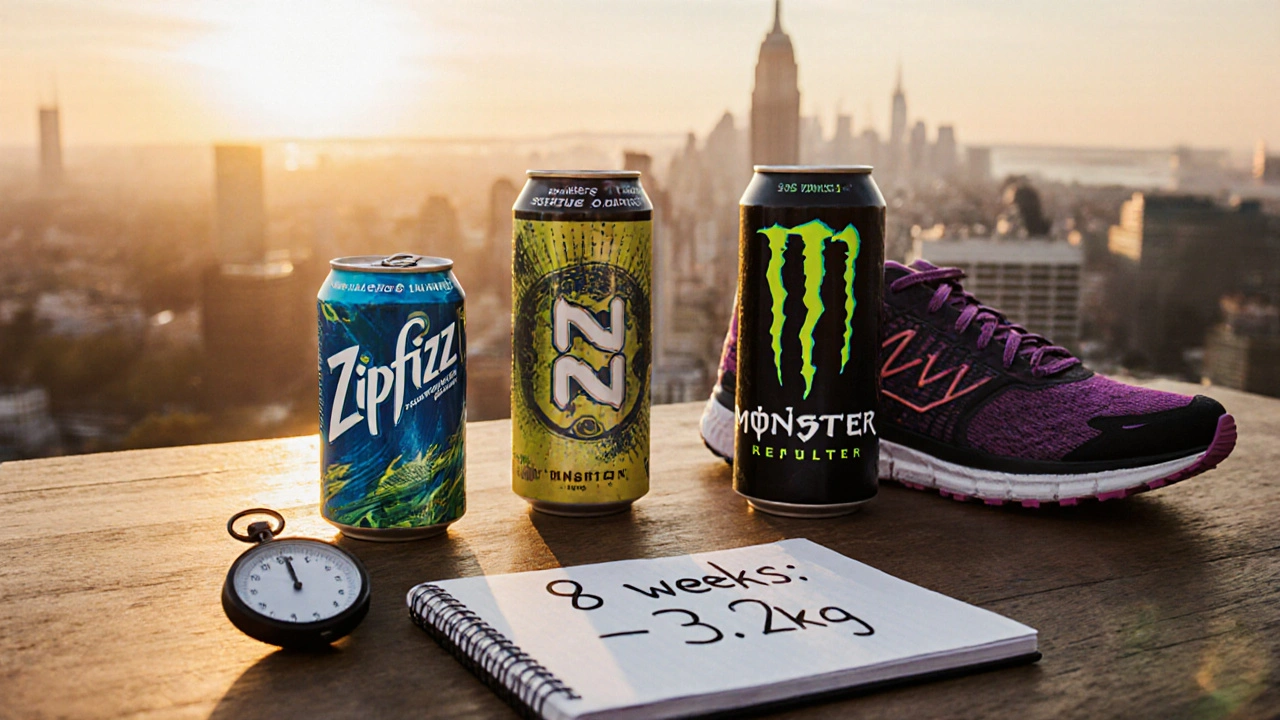
What to pair with low-calorie energy drinks
To make this work long-term, combine your drink with these habits:- Drink 2 liters of water daily - dehydration mimics hunger.
- Get 7-8 hours of sleep - it regulates leptin and ghrelin.
- Walk 10,000 steps a day - even if you’re not at the gym.
- Eat protein at every meal - it keeps you full longer.
- Track your drinks - use an app like MyFitnessPal to log calories.
One woman in Toowoomba lost 8 kg in 12 weeks by switching to REIZE and walking after dinner. She didn’t count calories. She just stopped drinking soda and started moving. The drink helped her stick to it.
Common mistakes to avoid
Even with the right drink, people mess up:- Thinking it’s a magic bullet - it’s not. You still need to move and eat well.
- Drinking too many - more than two cans a day can lead to anxiety or heart palpitations.
- Buying flavored versions with hidden sugar - always check the nutrition panel.
- Using them to replace meals - you’ll lose muscle, not fat.
- Ignoring sleep - caffeine can’t fix poor rest.
If you’re on medication, pregnant, or have heart issues, talk to a doctor first. Caffeine isn’t safe for everyone.
Final thought: It’s about consistency, not speed
Losing weight fast sounds appealing. But fast often means temporary. The goal isn’t to drop 10 kg in a week - it’s to lose 0.5 to 1 kg a week and keep it off.Low-calorie energy drinks make that easier. They help you stay alert, reduce cravings, and avoid sugar crashes. They’re not the whole solution - but they’re a smart, simple part of it.
If you’re tired of feeling sluggish and hungry, try swapping one sugary drink a day for a low-calorie energy drink. Give it two weeks. You might be surprised how much easier healthy choices become when you’re not fighting your own energy levels.
Can low-calorie energy drinks really help you lose weight?
Yes - but only as part of a broader plan. They don’t burn fat directly. Instead, they help reduce sugar cravings, boost metabolism slightly, and improve workout performance. People who swap sugary drinks for low-calorie versions often eat fewer calories without feeling deprived.
Are low-calorie energy drinks safe every day?
For most healthy adults, one to two cans per day are safe. Stick to drinks with under 120 mg caffeine and zero sugar. Avoid them if you’re pregnant, have anxiety, heart problems, or are sensitive to caffeine. Always check labels - some brands sneak in hidden sugars or stimulants.
What’s the best time to drink a low-calorie energy drink for weight loss?
Drink it 30 minutes before your workout to boost fat burning. Or have it in the mid-afternoon to replace a sugary snack or coffee. Avoid drinking it after 3 PM if it affects your sleep - poor sleep makes weight loss harder.
Do low-calorie energy drinks cause a crash like regular ones?
Not if you choose the right ones. Regular energy drinks spike blood sugar with sugar, then crash. Low-calorie versions use no sugar and often include B vitamins and electrolytes, which help stabilize energy. You might feel a mild drop after the caffeine wears off, but not a full crash.
Can I drink them instead of water?
No. Water is essential for fat loss and metabolism. Low-calorie energy drinks can count toward your fluid intake, but they shouldn’t replace water. Aim for at least 2 liters of plain water daily. Drinks with caffeine can have a mild diuretic effect, so balance them with extra water.
Will I gain weight if I stop drinking them?
Not if you’ve changed your habits. The weight loss comes from eating fewer calories and moving more. The drink just made those choices easier. If you go back to sugary drinks or snacks, you’ll likely regain weight. But if you keep drinking water, eating protein, and staying active, you’ll stay lean - even without the drink.

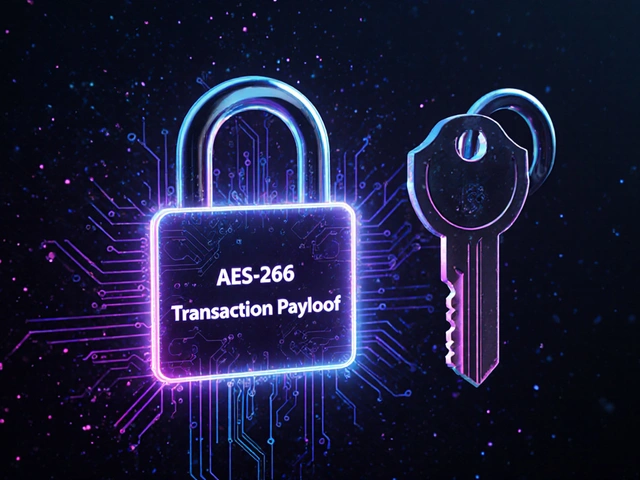
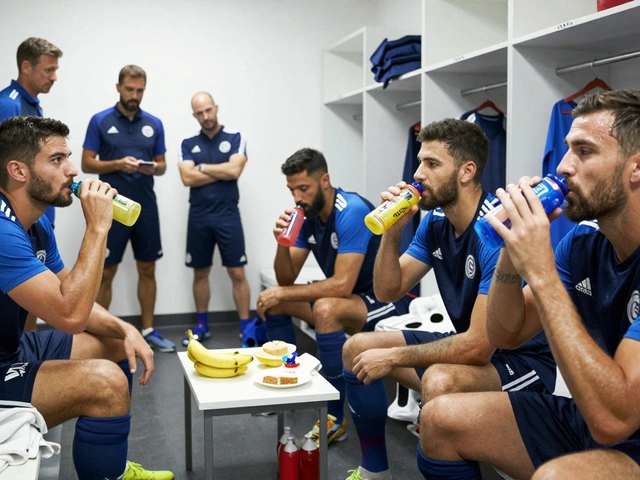
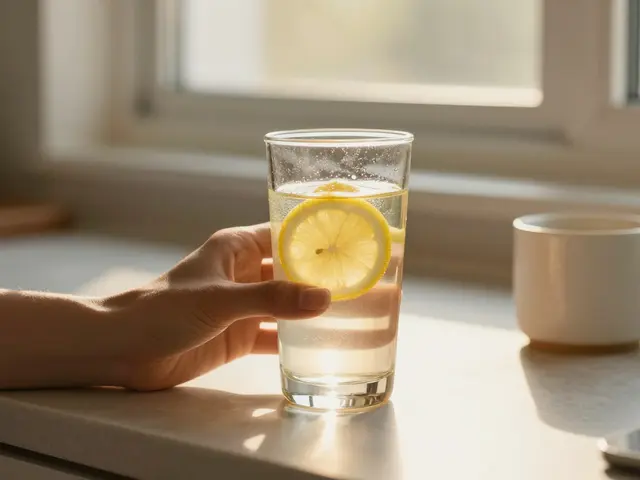
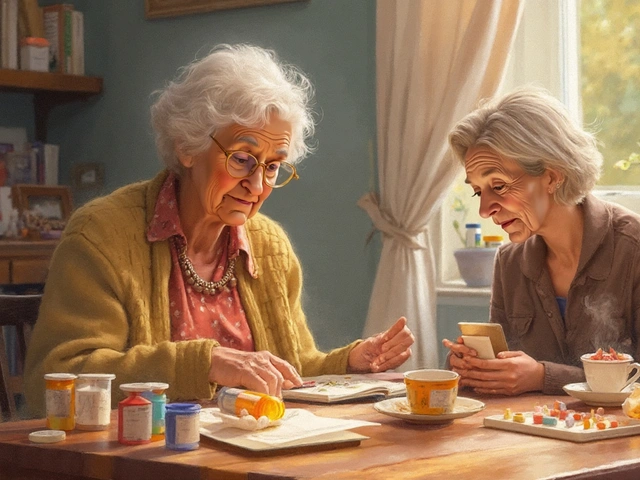
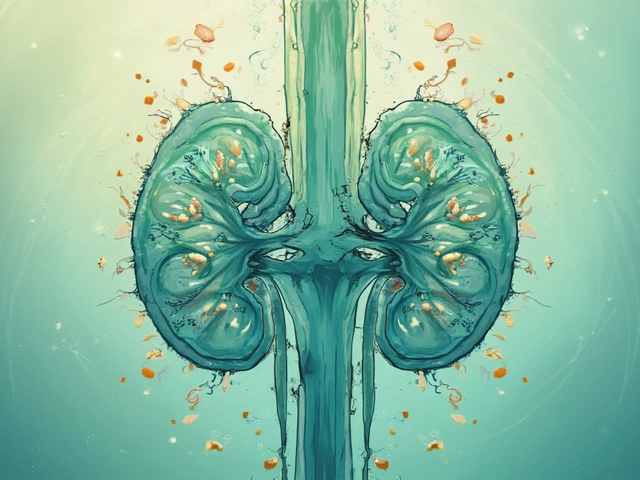
Comments (8)
Ian Cassidy
12 Nov 2025
Low-calorie energy drinks? Yeah, I’ve been sipping Zipfizz for months. Not magic, but it’s the only thing that keeps me from grabbing a candy bar at 3 PM. Caffeine + electrolytes = no crash, just focus. I swap it for soda and boom - 150 fewer calories a day. Simple as that.
Zach Beggs
13 Nov 2025
Interesting take. I’ve tried REIZE and Monster Zero Ultra. Both work for energy, but I don’t think they’re doing much for fat loss on their own. It’s more about replacing junk drinks than anything else. Still, if it helps someone avoid sugar, why not?
Kenny Stockman
14 Nov 2025
Man, I love this post. Seriously. I used to drink two Mountain Dews a day - total sugar bombs. Swapped ’em for REIZE and now I’m not yawning at my desk, and my cravings? Gone. I didn’t even change my diet. Just cut the soda. Lost 6 lbs in 6 weeks. No gym, no keto, just one less sugary drink. If you’re stuck, try this. It’s not glamorous, but it works.
Antonio Hunter
16 Nov 2025
While the general premise of substituting high-sugar beverages with low-calorie alternatives is sound and supported by behavioral nutrition literature, one must be cautious about over-attributing metabolic effects to caffeine alone. The 3–11% increase in resting metabolic rate is transient and diminishes with habitual use. Furthermore, ghrelin suppression is modest and highly individualized. The real win here is behavioral substitution - reducing liquid caloric intake, which is notoriously poorly accounted for in dietary recall. The studies cited are valid, but the framing risks creating a false sense of efficacy. It’s not the drink that loses weight - it’s the person who stops drinking soda.
Paritosh Bhagat
16 Nov 2025
Oh please. You’re telling people to drink energy drinks to lose weight? That’s like saying smoking helps you quit smoking. These drinks are full of chemicals - erythritol causes bloating, stevia messes with gut bacteria, and caffeine is a stress hormone booster. You’re not fixing the problem - you’re just replacing one addiction with another. And don’t even get me started on Monster Zero Ultra - that’s 140mg of pure anxiety in a can. Who’s writing this? A marketing intern? You’re giving people permission to be lazy and still think they’re healthy. Pathetic.
Ben De Keersmaecker
18 Nov 2025
Minor correction: the table lists Zipfizz as 20 calories, but their official site says 0. The 20 may be from older formulations or a mislabeling error. Also, ‘green coffee extract’ in Monster Zero Ultra is present in trace amounts - likely under 10mg per can - so its fat-burning effect is negligible. Still, the core advice holds: swap sugary drinks, track intake, prioritize sleep. And yes, water > energy drinks. Always.
Aaron Elliott
20 Nov 2025
One must question the epistemological foundation of this article. The claim that low-calorie energy drinks facilitate weight loss via appetite suppression and metabolic enhancement is predicated upon a reductionist model of human physiology that ignores neuroendocrine feedback loops, hedonic eating behavior, and the placebo effect inherent in branded wellness products. The cited 8-week study lacks a control group, randomization, and long-term follow-up. Moreover, the author’s reliance on anecdotal testimony from Brisbane residents constitutes a logical fallacy - an appeal to popularity. One cannot derive causal inference from correlation, particularly when the intervention is a commercially marketed product with vested interest. In sum: this is not science. It is consumerist mythology dressed in pseudo-medical garb.
Chris Heffron
20 Nov 2025
Yea I tried the Monster Zero Ultra - good for pre-workout, but I got the jitters after 2 cans. Stick to one. And please, for the love of god, drink water too. :)